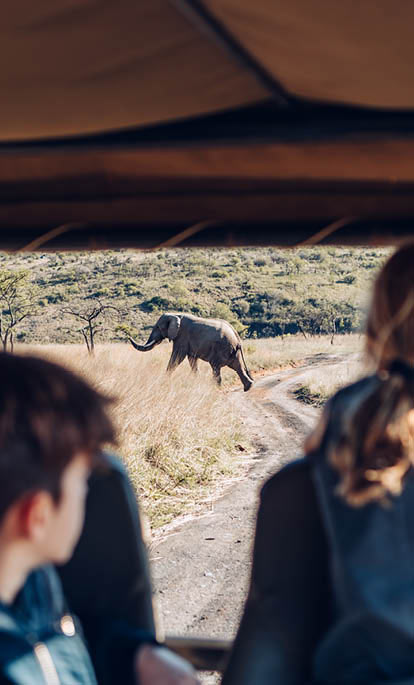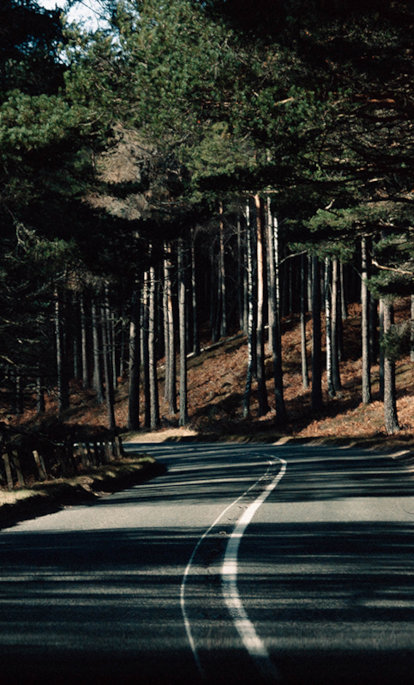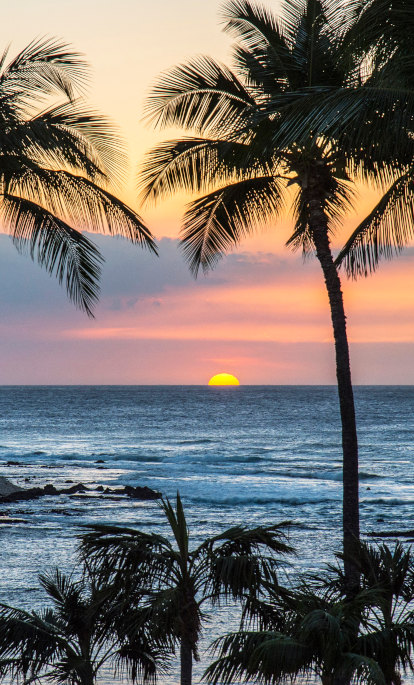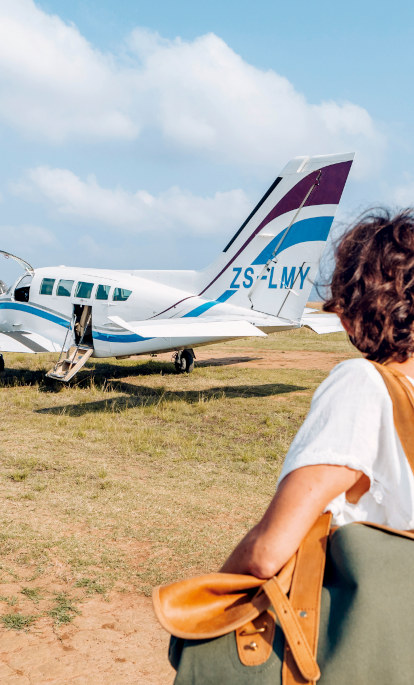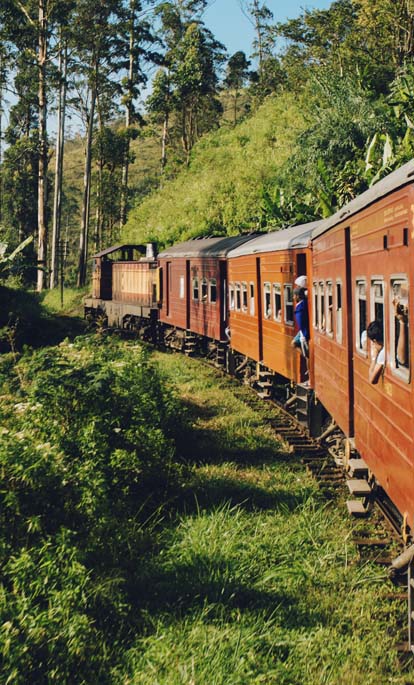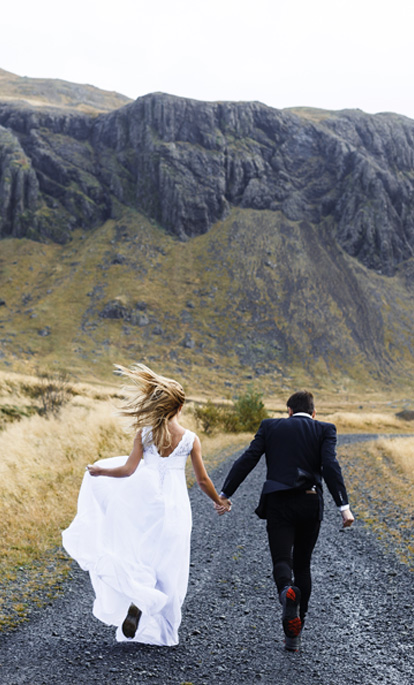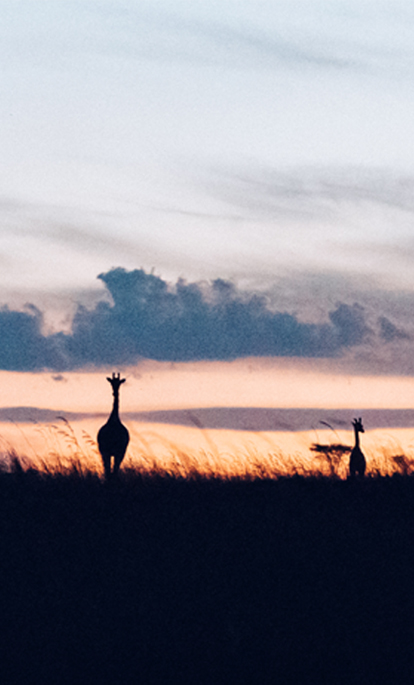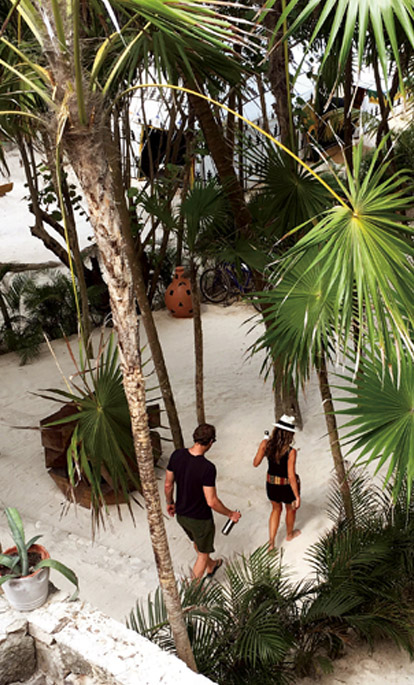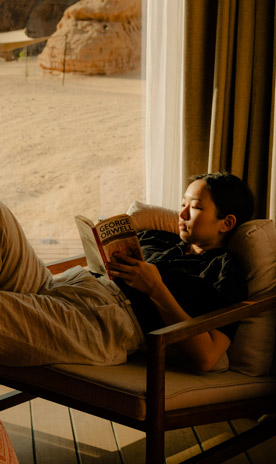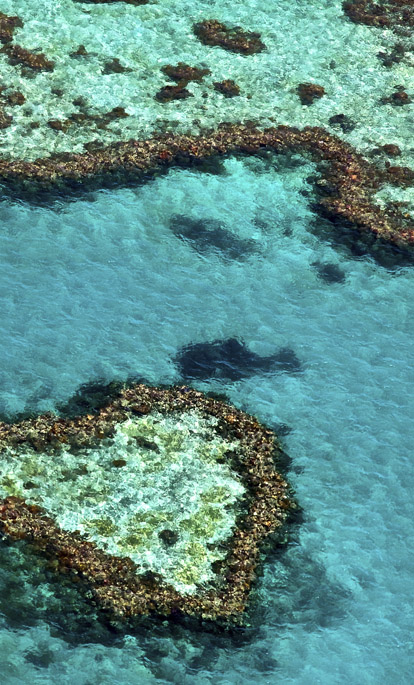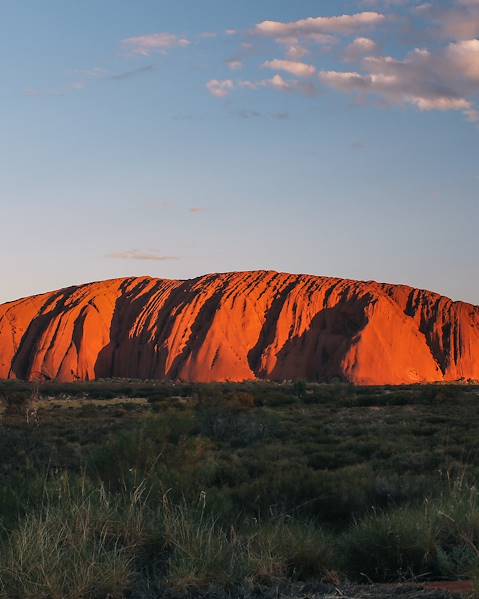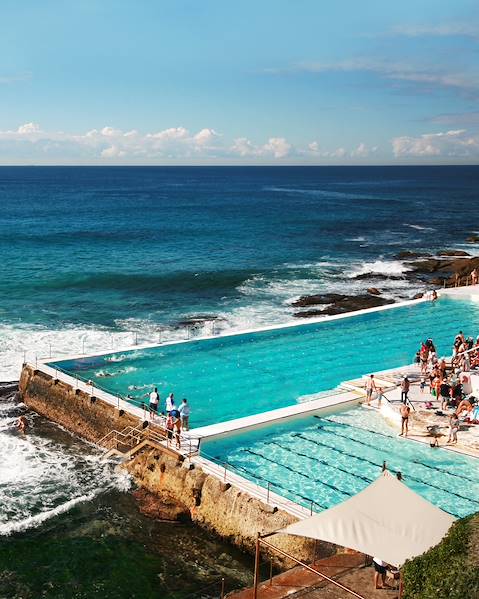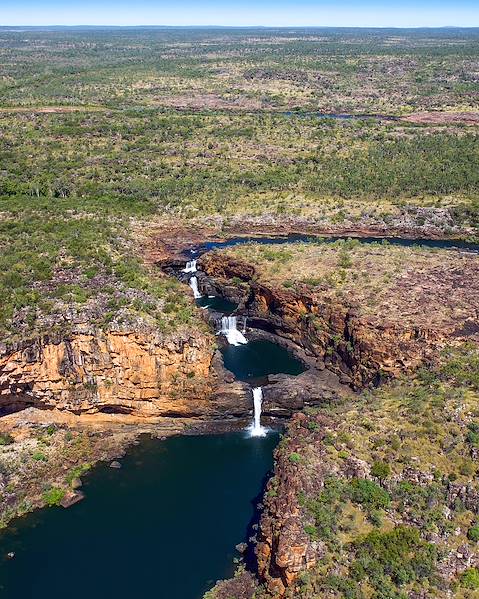Population
25,305,019 (2019)
Official language
English
Languages spoken
English is the main language in Australia so all road signs, menus and important information will be in English, however with such a diverse population, you’ll also hear a huge amount of other languages spoken. There are, for example, numerous Aboriginal dialects; there’s thought to be around 260 dialects and languages in total, with around 150 to 200 still spoken by the Indigenous Australians. As well as this, there’s also a chance you’ll hear and read Greek, Italian, Lebanese, Chinese, Vietnamese and Japanese from the many migrant families who have settled in Australia since its colonisation.
Religion
Christianity is the most dominant religion in Australia, but the country is diverse and you won’t necessarily see a huge religion influence as you may in other destinations, with only 25% of Australian identifying as belonging to a religion.
National Holidays
National holidays vary from state to state, although there are some which are standard across the country.
January 1 is New Year's Day.
January 26 is Australia Day, but there is a lot of dialogue happening in Australia about this date as it celebrates the day of colonisation for the country, which many find to be insensitive to the Indigenous population
In late March to early April is Easter (from Good Friday to Easter Monday).
April 25 is ANZAC Day, which honors the Australian and New Zealand soldiers who served in the Gallipoli campaign of the First World War, and who have since served and still serve for the country
December 25 is Christmas Day
December 26 is Boxing Day
History
Aboriginal Australians have inhabited Australia for thousands of years, with the estimated migration date to Australia sitting around 50,000BC. Europeans first discovered Australia in the early 17th century when the Dutch sailed to the continent, and the Britsh colonisation of Australia started in 1770. The struggles between Indigeous Australians and European settlers continued for centuries and some tension still exists today, but Australians and tourists alike are becoming increasingly aware of this tumultuous history and making efforts to be conscientious and respectful to the traditional owners of the land.
Australia is famous for being a penal colony, where many convicts were sent from the UK to carry out their sentences. There is a lot of information about this in the various different areas of Australia, with Sydney and Melbourne having gaols and museums that give details about this part of history. Many who were sent over from the UK and Ireland - including men and women - settled in Australia once their sentences were over, so many modern-day Australian families can trace their lineage back to this time.
On the 1st January 1901, the Commonwealth of Australia was born and since then the country has been through a lot of the same historic events as the UK - from World War I and II and The Great Depression - but the country has also created its own modern identity that does differ from British culture in some ways.
Politics
Australia is a federation of six states (South Australia, Western Australia, New South Wales, Queensland, Tasmania, Victoria) and two territories (Northern Territory, Australian Capital Territory), belonging to the Commonwealth. While there is a constitutional monarchy with a governor general representing King Charles III, the legislative and political power is held by Parliament with the House of Representatives and the Senate. Similarly to the UK, the Prime Minister is elected when their party (Australia has a two-party system with Liberal and Labour being the two main parties) has the majority party in the House of Representatives following a vote. The Prime Minister is officially appointed by the governor general following an election or change in power, and this Prime Minister chooses their ministers.
Celebrity
- Yagan (1795-1833) is one of the most famous historical figures in Australia for his part in the Aboriginal resistance to colonisation in Western Australia.
- Andrew Barton "Banjo" Paterson (1864-1941) was a journalist and poet, born in Narrambla (New South Wales), who was the author of famous ballads that celebrated the Outback and rural Australia, including the famous Waltzing Matilda and The Man from Snowy River
The country has got many famous actors both past and present, from Paul Hogan who played the part of Aussie icon Mick “Crocodile” Dundee, to the modern-day celebrities of Luke and Chris Hemsworth who are in numerous Hollywood films.
The country also enjoys a lot of international sporting success including cricket, tennis and rugby, and their players are world-renowned.
Etiquette
Tipping is at your discretion and not expected, but a tip of 10-15% for great service will be appreciated. Many bars don’t have table service so you’ll see tip jars on the counters where you order your food and drinks, but again there’s no tip expected here. Some restaurants, pubs and cafes will include an optional service charge on the bill and it is deemed somewhat bad manners to ask to remove this but if you feel strongly about it then you’re able to get it taken off the bill without fuss.
Taxis, delivery drivers, hotel porters and guides do not expect a tip but, again, if you want to reward particularly good service then you can give a few dollars extra.
Other etiquette outside of tipping aligns quite closely with the UK and USA, such as queuing, manners and being punctual, so there should be no major culture shock.
Shopping
When in Australia, whether shopping for groceries or clothes, you’ll find a huge focus on Australian-grown, -produced and -made goods. Being so far removed from many other countries, the Australian economy wants to sustain and support itself, so part of the day-to-day culture is to buy Australian where possible and to support local businesses. Many people go to local farmers’ markets to buy their vegetables, but you’ll also see a lot of Australian vegetables and meats etc in everyday supermarkets.
Traditional Australian productions include opals, pearls, precious and semi-precious stones and leather goods as these are all sourced within Australia. If you want to see some traditional Australian art and crafts, there are numerous galleries small and large that show and sell Aboriginal paintings and items that have been crafted by local people, meaning that the money made on the sale goes back to the Indigenous artist. You’ll find many replica items that mirror traditional Aboriginal designs in markets, but these may have been mass made, so may not be authentic and the money may not be going back to the artist - always check with the seller who the artist is, and ask a little about them.
Department stores and shopping malls are quite common, as are artisan markets and smaller boutiques. There are numerous international brands available in Australia, including many European ones, but there is also a huge Asian influence due to its proximity to Asia. Shopping, as with everything else, is generally quite expensive in Australia because the wages are much higher.
Food
Food is a big part of the Aussie culture, whether that’s home-cooked or at a restaurant, pub or cafe. The standards and expectations from the Australian people on their food is really high so you can expect excellent cuisine wherever you go, and healthy living is popular in Australia so you’ll be able to find healthy food and a variety of menu items that cater those on restricted diets due to lifestyle or intolerances and allergies.
Restaurants tend to serve seasonal produce that is locally-grown, or at least grown within Australia. Using fresh, seasonal ingredients while still maintaining a diverse selection of dishes comes easily in Australia as there are so many different climates - from the cooler winters of Victoria and Tasmania to the tropical humidity of The Kimberley and Queensland.
While you’ll find many native ingredients on the menu such as lemon myrtle, bush tomatoes, lemon aspen, hibiscus and wattle for flavouring and emu, kangaroo, crocodile and ostrich for meat varieties, there is an emphasis on creativity within dishes. Many eateries have international influences - mostly from the migrant communities from Europe and Asia - and some clever and creative restaurants fuse these with traditional Antipodean flavours.
Barbeque is perhaps the most famous Australian cuisine, and although this may seem a little cliche, it’s no over exaggeration to say that the Aussies love their barbeque and take it very seriously. As well as burgers and ‘snags’ (sausages), you’ll have fresh salads and vegetables to accompany as health and balance are so important here.
Drink
The Aussies are also known for their drinking and their take their libations serious. The craft beer scene in Australia is excellent, with more and more small breweries popping up that offer something away from the main brands. If you do want to go classic, you’ll find most places don’t serve Fosters (as the adverts would have you believe), but instead Carlton Draft, Toohey’s and VB (Victoria Bitter) are the most-seen labels in bottle shops.
Wine is the other big love of the country, and one of its biggest exports; Australia is the world’s fifth largest exporter. Each region has its own specialty as each has its own specific climate, and trying something from each state to find your favourite grape variety and brand, whether that’s white, red, rose or sparkling wine. Most winemaking regions in Australia are located in the southern part of the country, including New South Wales, Victoria, Tasmania, South Australia and the south-west of Western Australia around Perth. Some of the most famous are the Barossa Valley,Hunter Valley, Yarra Valley and Margaret River, but with so many to choose from, you’ll be able to have fun either visiting and tasting at the vineyard cellar door, or sampling a glass or bottle at your hotel or restaurant.
You can’t buy alcohol in supermarkets in Australia, but most supermarkets will have an adjoining shop that sells only alcohol, or there will at least be one nearby. For something a little special, search out a specialist store which will have some of the rarer wines and spirits to purchase.
In additional to alcohol, Melbourne is also passionate about coffee, and you’ll find a big coffee culture wherever your go. Many forego the famous brands and instead opt for smaller, locally-run cafes.
